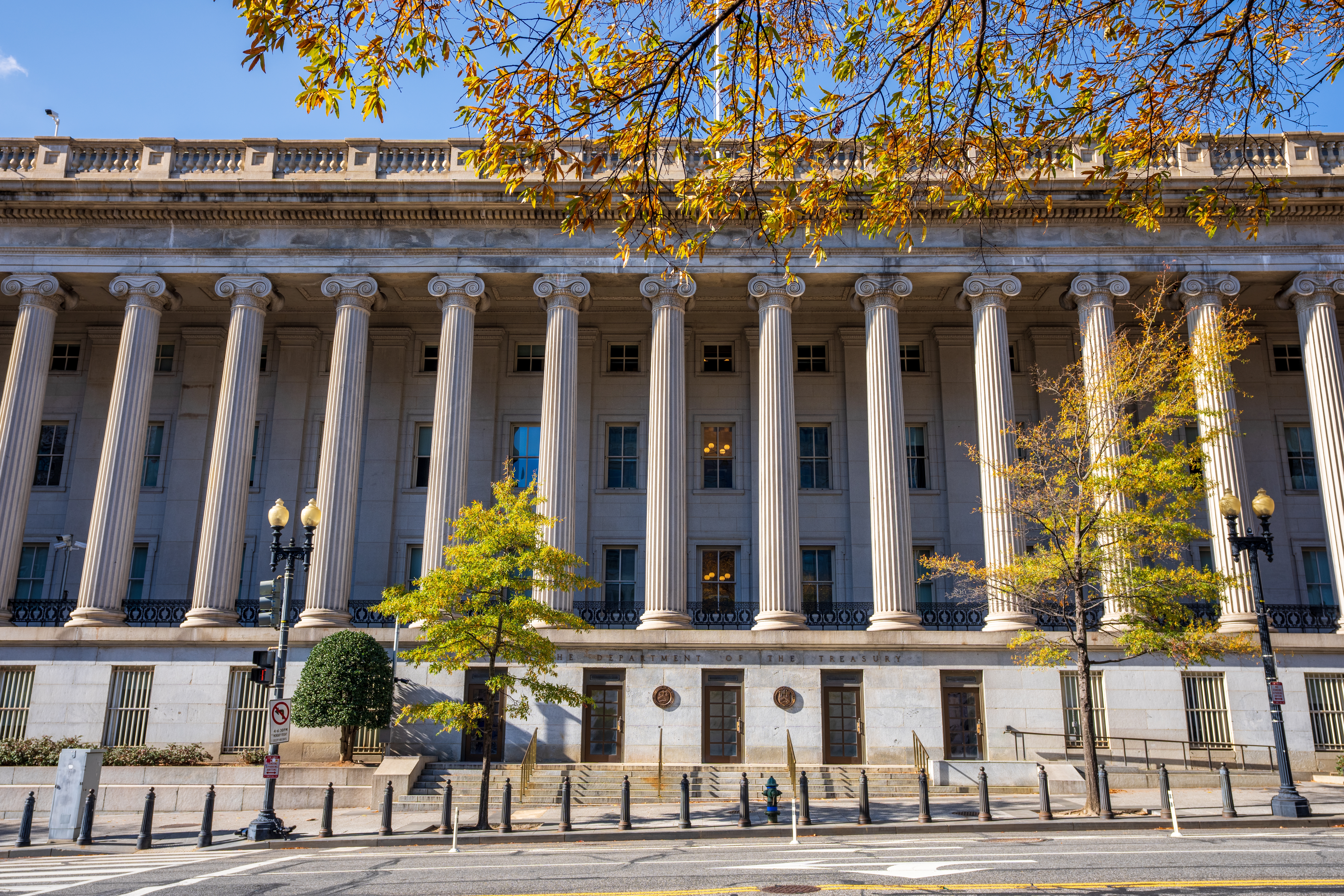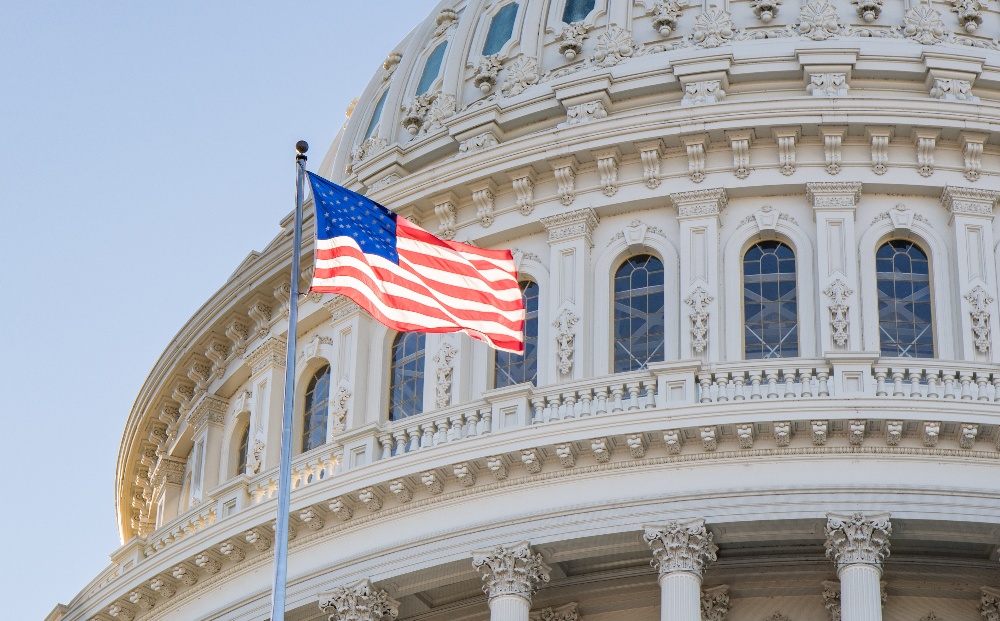The issue of “wealth taxes”—particularly whether investment wealth in the form of unrealized gains can be subject to current income tax liability—is swirling in Washington this month. Both the Supreme Court and Congress are confronting the issue.
On December 5, the U.S. Supreme Court (SCOTUS) heard oral arguments on a case challenging, on Constitutional grounds, whether unrealized income from a foreign investment can be taxed. From the questions posed by the nine SCOTUS justices, it appears that the court is considering deciding the case on the narrow grounds of whether the income (from an investment in India) is realized income from the Indian company that can be properly attributed to the investors who brought the lawsuit (the Moores).
The case, Moore v. the United States, has the federal tax world abuzz. The U.S. tax code is full of tax rules that impose tax liability on income that has not actually been received by the taxpayer. Sometimes, these rules involve “unrealized” income; other times, they focus on whether the income in question can be attributed to the taxpayer. The Moore case raises questions about what income that is attributed can be currently taxed, and whether “unrealized income” can be taxed under the rules of the US Constitution.
The case has trillions of dollars' worth of implications but is of particular concern to NAIFA members because of its potential impact on cash value life insurance (typically, under current tax rules, life insurance inside buildup is not realized income, which is one of the justifications for not taxing it). In addition, should SCOTUS decide that income must be realized before it can be taxed, it would drive a stake into the heart of the arguments proponents make for many of their wealth tax proposals.
Adding to the wealth tax debate are two new wealth-related tax proposals recently introduced. One introduced on November 30 in the Senate by Sen. Ron Wyden (D-OR), chair of the tax-writing Senate Finance Committee, would annually tax unrealized investment gains earned by taxpayers with three consecutive years of $100 million or more in income and/or $1 billion or more in assets. The Billionaires Income Tax Act, which is co-sponsored by 15 Senate Democrats, is complex, with special rules for illiquid assets. But it includes an exemption for most life insurance. The exception is private placement life insurance, which would be included in calculating the asset base on which the tax is assessed. A section-by-section explanation of the bill is posted on the Finance Committee’s website.
On November 29, Ways & Means Committee member Rep. Don Beyer (D-VA) and Rep. Steve Cohen (D-TN) introduced the Billionaire Minimum Income Tax Act. The bill, co-sponsored by 60 House Democrats, would impose a 25 percent tax on the full income (including investment gains, whether or not realized) of taxpayers with $100 million or more in income. The bill is drafted to mirror last year’s Biden Administration wealth tax proposal. It was drafted in coordination with the White House and with the Treasury Department.
Prospects: Whether gains from investments that have not been sold (or otherwise realized) can or will be taxed is already a huge issue and will get even bigger next year, as Congress gears up to deal with the 2026 expiration of the 2017 Tax Cuts and Jobs Act individual and estate tax rules. So far, all the wealth tax proposals would impact only the wealthiest of taxpayers (for example, the Wyden bill is expected to affect only 700 taxpayers). And also so far, most life insurance appears to be insulated from these “tax the rich” efforts. However, the definition of “rich” is a moving target, and these proposals—if they are accepted—could easily be modified to hit taxpayers with incomes of less than $100 million, especially as deficit/debt reduction becomes a higher priority issue. And, of course, the intensity of the issues (as well as the prospects for them) will be heavily influenced by the results of the 2024 elections (and so are very likely to be part of the 2024 political campaigns leading up to the elections). These are issues NAIFA will continue to watch very carefully.
NAIFA Staff Contacts: Diane Boyle – Senior Vice President – Government Relations, at dboyle@naifa.org; or Jayne Fitzgerald – Director – Government Relations, at jfitzgerald@naifa.org.






.png?width=600&height=90&name=Support%20IFAPAC%20%20(600%20%C3%97%2090%20px).png)
